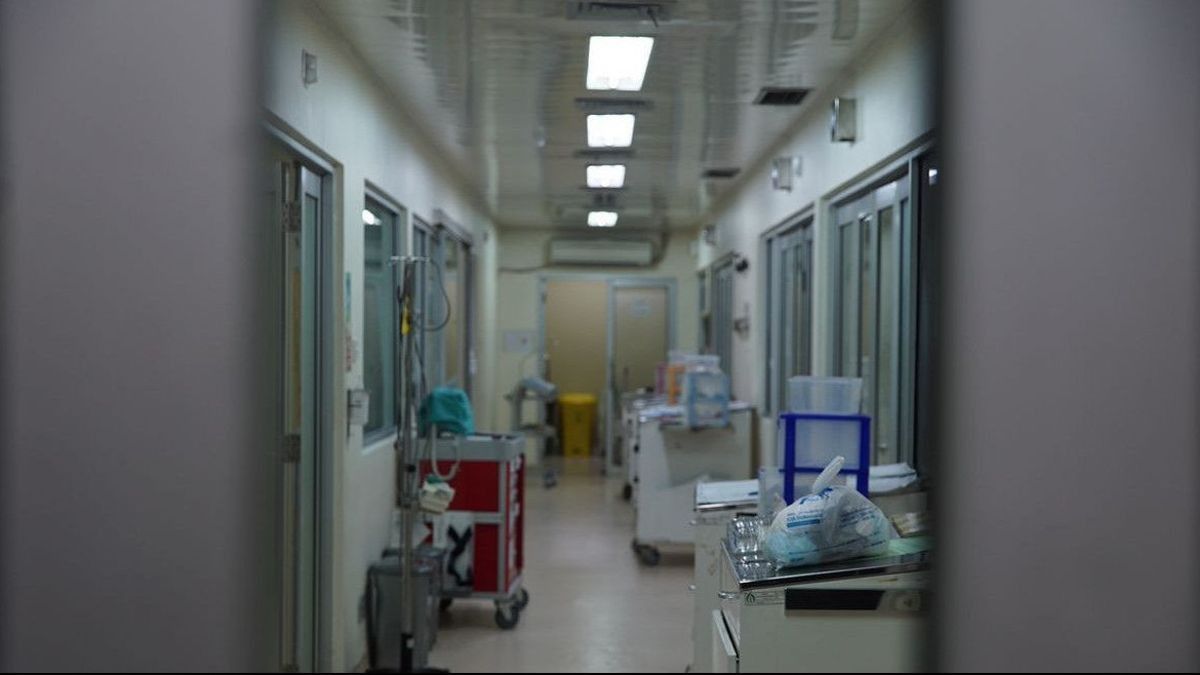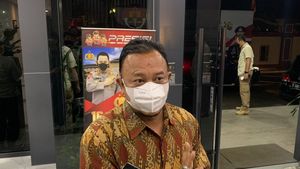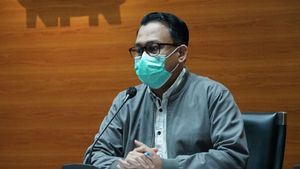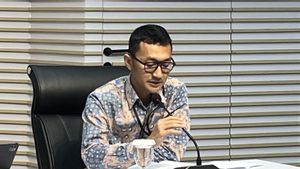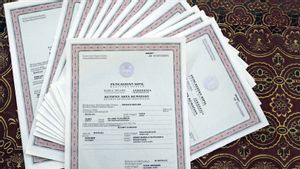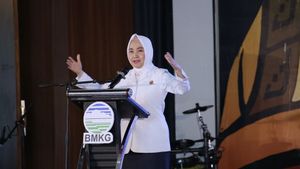JAKARTA - The Ministry of Health is aware of the potential for importing cases of Monkeypox from Singapore and Australia as neighboring countries of Indonesia.
"To date, there are 17,156 cases. The number will increase in July 2022. The increase is fast, and a global health emergency has been declared", said the spokesman for the Indonesian Ministry of Health, Mohammad Syahril when delivering a press statement regarding the development of Monkeypox in Indonesia.
Syahril said that there were ten countries with the largest cases of Monkeypox including Canada with 681 cases, the United States with 2,581 cases, England with 2,213 cases, Portugal with 588 cases, Spain with 3,125 cases, the Netherlands and Germany with 712 cases each, France with 1,562 cases, Italy with 407 cases.
"Currently there are ten largest countries with Monkeypox disease, Indonesia's two neighboring countries, Singapore (six cases) and Australia (41 cases) need to be watched out for", he said.
According to Syahril, the average patient is a male aged 37 years. As many as 41 percent of cases have a positive HIV status that has been reported to WHO.
So far, five deaths have been reported due to Monkeypox, with the most being in the age group of 15-40 years, Syahril added.
"Generally patients have symptoms of fever, have lesions on the skin and mouth, then a rash and difficulty eating and coughing", he said.
VOIR éGALEMENT:
At first, said Syahril, Monkeypox in humans occurred in South Africa and Central Africa in 1970. As of May 6, 2022, the UK began to report, that on July 27, 2022, there have been 75 countries infected with a total of more than 17,000 cases.
On July 23, 2022, the Director General of the World Health Organization (WHO) declared Monkeypox a world emergency because of a spike in cases.
Until now, Monkeypox cases have not been detected in Indonesia. Previously, the Ministry of Health detected nine suspected cases with negative results based on laboratory diagnoses.
The English, Chinese, Japanese, Arabic, and French versions are automatically generated by the AI. So there may still be inaccuracies in translating, please always see Indonesian as our main language. (system supported by DigitalSiber.id)
